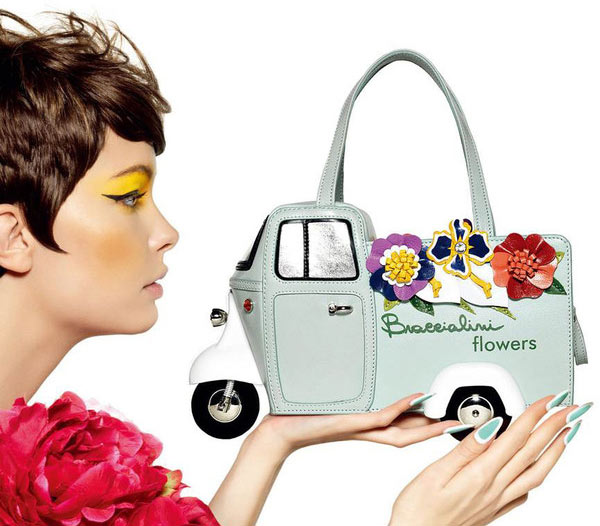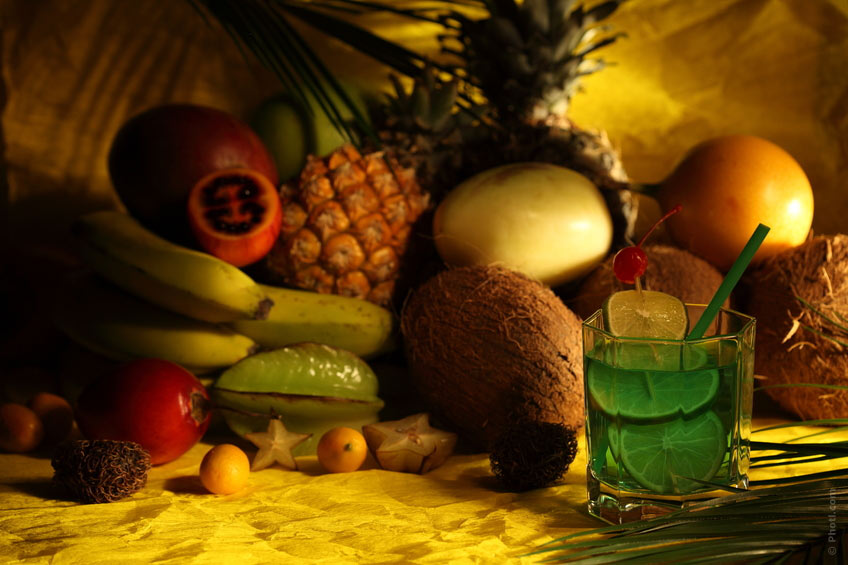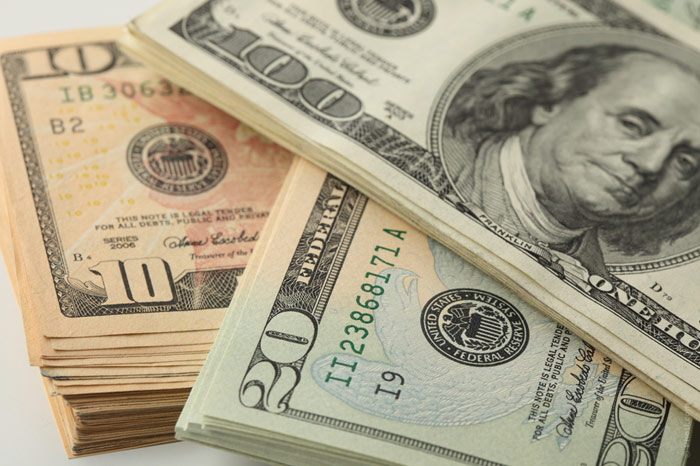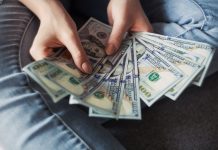You are at a coffee shop and see two actions going on there simultaneously: the first one provides additional 33% of the coffee, and the second one gives a 33% discount for a standard cup of coffee. Which action is more profitable?

Most likely, you will say – they are equally beneficial. And very many people will say this. But if you calculate a little, it turns out that the second action is more profitable!
BUT! For the buyer, it is much more pleasant to get something extra for the same price than a discount. The sphere of using this trick is unlimited. Remember the supermarkets: “10% more toothpaste for the same price!”, “25% more flakes!”
Why do such tricks work? Firstly, because buyers often do not remember how much the products should cost (try to remember exactly the price of the milk you bought last time). Secondly, although people pay real cash, the decisions are made solely on the basis of speculations and guesswork, which appear due to not knowing how to deal with numbers.
Next, we will tell about 7 other tricks, which are successfully used in shops.
1. Our perception depends on the first price we see

You come to a shop and see a designer bag for $1,000. “A thousand bucks for a bag?” You’ll be outraged incredibly. If you keep walking there, you will see splendid watches for $300. This is expensive! Watches can cost less! But the price seems quite normal because you’re comparing it with the first price you have seen. Therefore, shops may arrange the goods in a proper way to send your thoughts in the right direction.
2. We are afraid of extremes
We do not like to feel “poor” when we buy the cheapest products, but we do not like to feel cheated either when we buy the most expensive products, and the quality of them is pretty average. Shops use our thinking against us to sell the product that we need.
Such a study has been conducted: 2 kinds of beer were placed on the counter in a shop. “Premium” for $2.5 and the beer marked with the label “Great buy” at the price of $1.8. About 80% of the buyers chose a more expensive beer. Then there appeared another kind of beer with the price tag “Super-bargain” at the price of $1.6. Now 80% of the buyers chose the beer for $1.8, and the rest selected the beer for $2.5. No one took the cheapest beer.
During the third stage, the beer for $1.6 was removed, and the “Super-premium” beer at the price of $3.4 was added. Most buyers chose the beer for $2.5, a small number of customers drank the one for $1.8, and only 10% chose the most expensive kind.
3. We love stories
Place the bread maker for $279 next to the bread maker for $429 in a shop. Their parameters should differ very little. The sales of the cheaper bread making machine will increase seriously, and it is unlikely that someone will buy the more expensive option (maybe, except for a couple of people). This is because we do not feel the real value of things, and it seems to us that we buy something very cheap. And then we say “Can you imagine, I bought a bread making machine for only $279! And there was almost the same, but its price was $429! What a fool would buy it!” This is an example of a good story.
4. We do what we are told to

An experiment was conducted in a school. Fruits and salads were placed on a well-lit showcase, just like candies or other sweets, and this technique was aimed at making kids eat more salad and fruit. It works perfectly well with adults too. Experienced restaurateurs will make the menu with the dishes they want to sell more often highlighted in any manner or provided with a large and bright picture to draw people’s attention. So, when you see a very bright menu item, remember that it is this dish that the restaurant wants to feed you with.
5. We act hastily under the influence of alcohol, fatigue and other factors
When a person drinks, gets tired or is under stress, he/she greatly simplifies the internal questions that usually accompany our purchases. This can be compared with getting acquainted in a bar. You see a stranger (a man or a woman), but you do not wonder whether he/she is well-educated, and whether he/she possesses the necessary moral values to be a worthy companion for you. You probably think something like, “Umm, he looks handsome.” That is why machines with water, coffee and snacks are placed at the exit door from a large supermarket. Buyers are tired, they want to eat and drink, and they grab everything without thinking about what is unreasonably expensive. So here’s the tip: if you want to make a deal, which involves some risk for your partner – there should be alcohol at a business dinner. You could as well meet with a partner after a very busy day.
6. The magic of number 9
We all know this trick: the price is just $1.99. This is the same as $2! We understand this, but the magic number 9 continues to work miracles, and we take the thing we do not really need just because it implies a discount. Be incorruptible! Do not say to yourself – this thing is a little more than a dollar! Remember, it is almost two dollars!
7. We are subject to a keen sense of justice

We do not like when we are deceived, we believe that we need to be treated fairly. But we do not know the value of things and services. We are looking for clues and signals from the people who sell these things and services. Dan Ariely, a professor of psychology and behavioral economics, conducted a simple, but very revealing experiment. He announced that he would hold an evening of poetry for students. One group of students was said that the event was for an extra charge, and the other group was said the visitors would be paid for what they would come to listen to. Before the concert, it was announced that it was free, which meant the first group would not pay anything, and the second one would not be paid. The students of the first group were happy as they expected to get something worthy free of charge. Almost all students of the second group left because they felt that they had been forcibly dragged there.
What was the normal price for the poetic concert organized by the professor of psychology? The students did not know. And no one knew. How much should a shirt cost? How much should a coffee cost? Car insurance? Who knows! People do not know the value of things, and as a result, our brain uses the signals it understands: visual images, tips, emotions, comparisons, relations… Customers do know some math, but the situation has nothing to do with it.
Try to resist the tricks of shops. Shop wisely!










